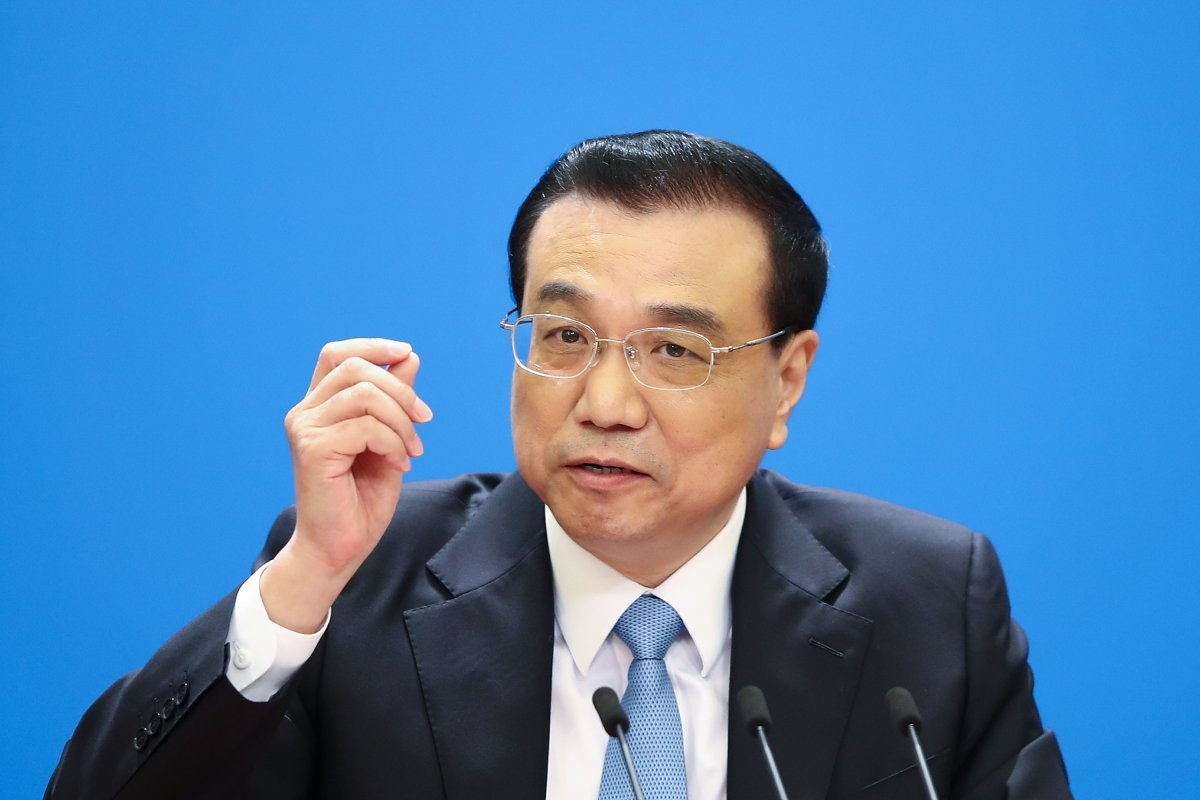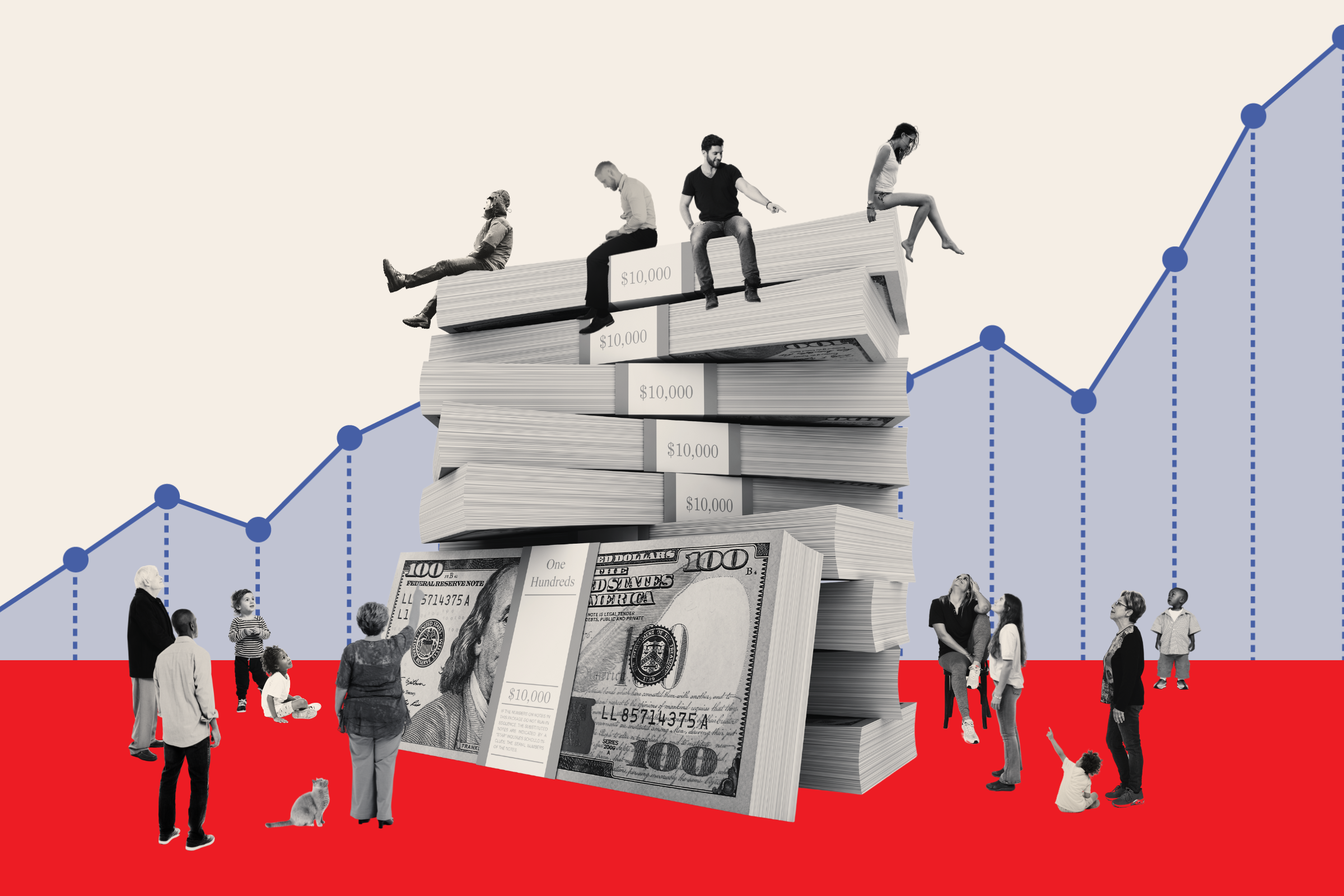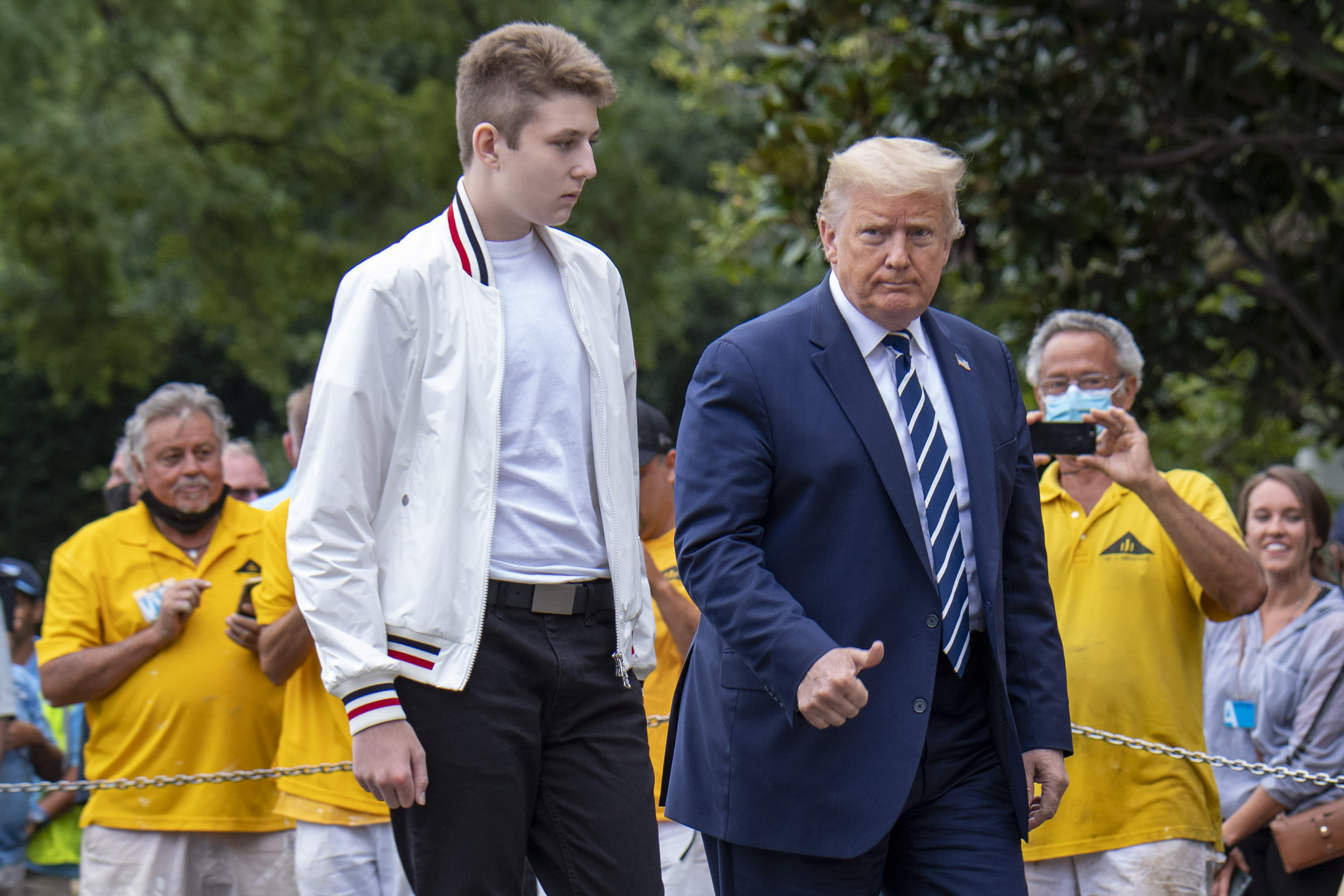Former Chinese Premier Li Keqiang's funeral may have been relegated to the sidelines of news coverage in China to avoid any controversy, but if the country's economic woes deepen, experts believe Li's death could come back to haunt Chinese leader Xi Jinping.
"If China's economy suffers in the future, it is possible Li will be remembered by people for his views on the economy and the welfare of the people," Wu said.
Li was seen by some as a political figure who could have challenged Xi, who ultimately fell in line with the latter's political agenda. Li's relatively pro-market policies today stand at odds with Xi's national security-driven state ideology.
But despite sidelining Li, the rumors about the circumstances surrounding his death could continue to swirl around for some time.
"Xi may not have known about the exact circumstances of his death and now may be trying to get ahead of the rumors. But these rumors are unlikely to have much impact," Alfred Wu, an associate professor at Lee Kuan Yew School of Public Policy in Singapore, told Newsweek.
Chinese state media reported on October 27 that Li had died of a heart attack in Shanghai. Li's death at a relatively early age, 68, has given air to rumors about the circumstances of his death.
Chinese leaders receive exceptional health care from Chinese Communist Party (CCP) doctors who check on their health regularly. When China's former Premier Zhou Enlai was diagnosed with bladder cancer, then Chinese leader Mao Zedong told the doctor not to inform him about his disease and did not permit surgery, ultimately leading to Zhou's death.
On Friday, new details about Li's death came to light when state news agency Xinhua reported that he died in a hospital where some of the country's leaders had visited while attempts were being made to save him.
"During the rescue period [sic] and after the death of Comrade Li Keqiang, Xi Jinping, Li Qiang, Zhao Leji, Wang Huning, Cai Qi, Ding Xuexiang, Li Xi, Han Zheng, Hu Jintao, and other comrades visited the hospital or expressed deep condolences for the death of Comrade Li Keqiang in various ways," reported Xinhua.
Following his death, many people gathered outside Li's childhood home Hefei City in Anhui province to pay their respects.
Shortly after Li's death, some experts speculated that he could become a figurehead for mass protests, as happened after former leaders such as Hu Yaobang died. However, restrictions were imposed, such as restricting travel to Babaoshan, where CCP officials are cremated, to ensure no mass gatherings could take place.
Manoj Kewalramani, a China studies fellow at the Takshashila Institution in Bengaluru (formerly Bangalore), India, told Newsweek that Xi may have controlled how Li's death was reported.
"This was evident in his official obituary in the People's Daily, which categorically stated that Li had "resolutely safeguarded General Secretary Xi Jinping's status as the core of the Party Central Committee and the entire Party" and called on people to "turn grief into strength," "learn from Li's revolutionary spirit" and "unite more closely around the Party Central Committee with Comrade Xi Jinping at the core." It basically argued that honoring Li's legacy required continued obeisance to Xi Jinping." Kewalramani said.
Wu said Li was not a reformist like Hu or Zhao Ziyang, both of whom left an important mark on public memory because of their reformist ideas.
"Li Keqiang didn't have a societal impact on Chinese like Hu Yaobang and Zhao Ziyang as he wasn't a substantive reformist. He borrowed his ideas on the economy from previous leaders like Deng Xiaoping. This means his death is unlikely to turn into a mass movement against the government." Wu told Newsweek.

Yaqiu Wang, research director for China, Hong Kong, and Taiwan at Freedom House, a nonprofit think tank based in Washington D.C., believes Xi's grip on power expanded as Li's influence over the Chinese elite politics lessened.
"Tragically for China, Li decisively lost at every stage of his policy dispute with Xi. He was considered the least powerful premier in the history of CCP rule. His authority gradually shrank as Xi concentrated more and more power in his own hands," wrote Wang, recently wrote in an op-ed for Newsweek.
Correction 11/7/23, 03.25 a.m. ET: This article has been corrected to remove two references to Zhao Ziyang.
Uncommon Knowledge
Newsweek is committed to challenging conventional wisdom and finding connections in the search for common ground.
Newsweek is committed to challenging conventional wisdom and finding connections in the search for common ground.
About the writer
Aadil Brar is a reporter for Newsweek based in Taipei, Taiwan. He covers international security, U.S.-China relations, and East Asian ... Read more
To read how Newsweek uses AI as a newsroom tool, Click here.






